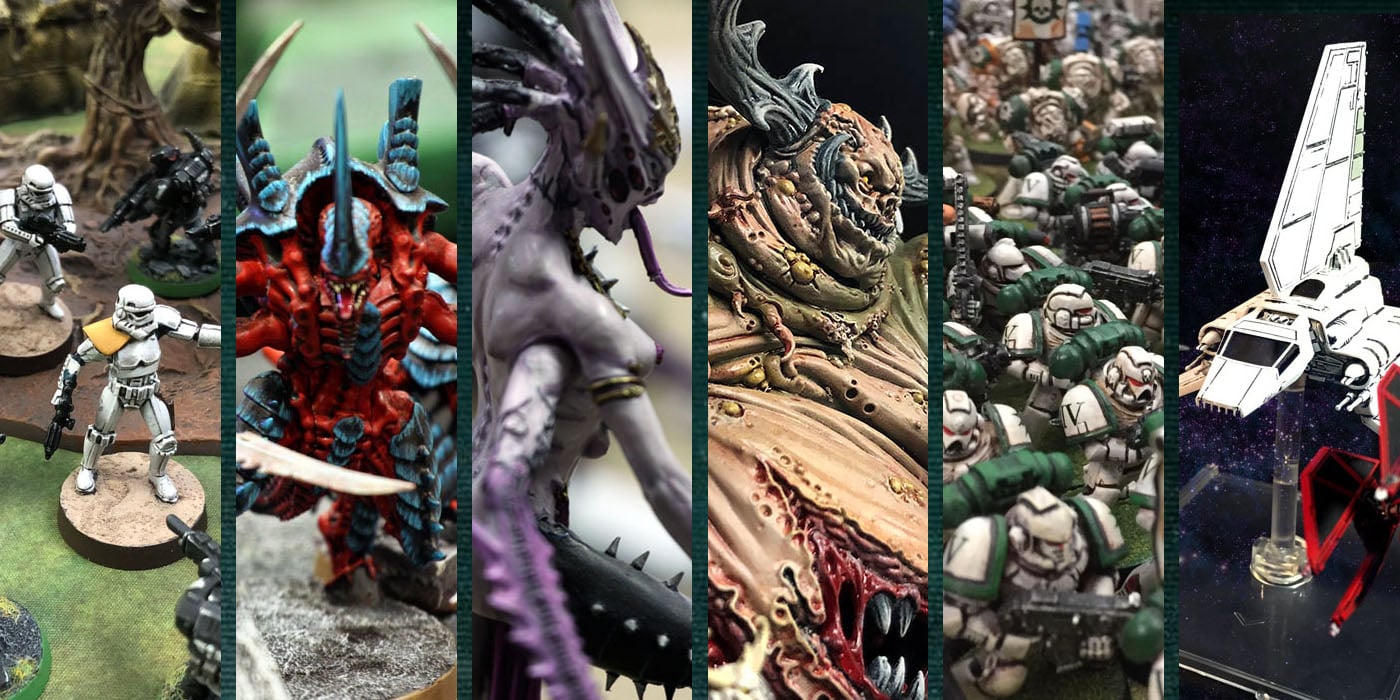40K EDITORIAL: Five Precepts of 40K


Any approach to a broad set of tactical guidelines is necessarily either incomplete or terrifyingly long and tedious (and also incomplete). So here are a few thoughts from military history translated into 40K for you.
1) Do nothing which is of no use. – Musashi
When you build your army, have a purpose in mind for every unit (even if the purpose is just looking good, admit that). If you don’t have a purpose in mind, don’t include the model in your army. When you deploy your forces, if you don’t know what you expect to do with a unit, don’t deploy it. Maybe you’ll figure out a use for the unit before it comes in from Reserve. When moving units, move towards a goal or don’t move. I’ve won games by ignoring one of my units until the crucial moment and having my opponent do the same until it was too late.
2) Generals who save troops for the next day are always beaten. – Napoleon
Every unit must be deployed to be used up in the pursuit of the objectives. For example, a tactical combat squad deployed in the middle of the board in Dawn of War against Tyranids is going to die. It also keeps the Tyranids from putting a Tyrant and 50 Gaunts halfway across the board. Likely suicide in pursuit of objectives is far superior to preserving your forces in pursuit of nothing but preservation.
3) The best armor is to be out of range. – Italian Proverb
Just because you deploy your forces to be used up to achieve your goals doesn’t mean you waste them. For example, if your opponent has meltaguns arriving in drop pods, deploy your tanks with infantry to keep the pods more than 6” from your tanks. Another example is deploying your long-range shooting to knock out enemy fast transports. Always deploy looking towards the order you have to kill the enemy forces in to keep them from being effective. Always move to minimize the enemy’s options to hurt your key units.
4) Hold out baits to entice the enemy. Feign disorder, and crush him. – Sun Tzu
If you can get your enemy to commit to a course of action you have prepared for, you stand a better chance of winning. A good example is a Chimera placed so that an Ork Mob can assault them. No matter what happens to the Chimera, the Mob is now piled up to get burned by Hellhounds. Another good example is a Seer Council. The Council can’t win a game, but it can cause your opponent to lose by drawing all the fire onto it instead of important targets. Even the best opponent can be enticed if the bait is good enough.
5) Plans are nothing, planning is everything. – Eisenhower
Unless you’re very lucky, you won’t be able to do what you expected to do with every unit when the game started. However, if you didn’t make plans before you placed a model on the board, you’ve conceded the initiative to your opponent. Always approach the table with a plan. Then make a new one after you know what you’re facing. And then spend every turn during your opponent’s moves making a new one. Planning effects every single aspect of the game, from army construction on up.
~Nothing I’ve written here is innovative or revolutionary; everyone should know these things. Nevertheless, I believe that following these simple precepts improves my game and will improve yours as well. Thoughts, and examples are welcome fellow generals.


